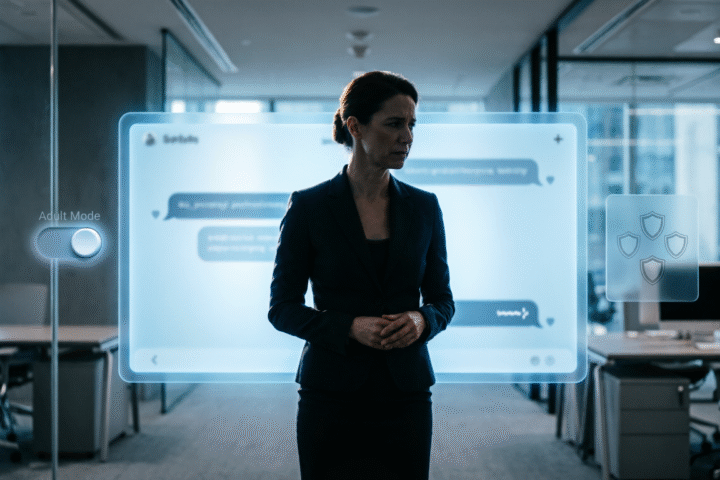Eric Yuan, founder and CEO of the cloud-based video conferencing and collaboration platform Zoom, has said he believes artificial intelligence (AI) assistants could one day make shorter work weeks possible.
Key points:
- Zoom CEO Eric Yuan predicts AI assistants could shorten the workweek to three or four days by handling routine tasks and complex interactions.
- Zoom’s “digital twin” feature allows AI avatars to represent users, potentially streamlining negotiations and collaborative work.
- The rise of AI is sparking concerns across industries, with creators like MrBeast spotlighting its impact on content earnings and job security.
Speaking Monday at the TechCrunch Disrupt 2025 conference, Yuan noted the company’s growing integration of artificial intelligence, including a “digital twin” feature that allows an AI-generated avatar to speak on behalf of users. Yuan, who has personally used the tool during an investor earnings call earlier this year, said the technology represents a major step forward in redefining how people communicate аnd collaborate.
Yuan also pointed to broader possibilities for AI companions in the workplace, illustrating a future where digital avatars could handle parts of complex interactions. He described a scenario in which two business executives negotiating a contract over Zoom might one day delegate their AI twins to collaborate on the initial details, streamlining the process before the humans step in to finalize the agreement.
Related: Kusama Reveals Details Of New AI Product in Recent Livestream
The Zoom founder further outlined additional ways artificial intelligence could transform daily workflows, envisioning AI systems capable of managing routine digital tasks. These assistants, he explained, could handle emails, monitor messages, and prioritize communications by identifying which ones require immediate attention, helping users focus on what truly matters.
Yuan suggested that AI could expand the capаbilities of Zoom’s broader suite of tools, including its online whiteboard and collaborative document features. He projected that integrating AI into these products could reduce the traditional workweek, envisioning a future, potentially within five years, where employees might only need to work three or four days, describing this reduction as a goal.
The impact of AI on the workforce has become a prominent topic of discussion recently, driven by rapid technological advancements. In an interview with AI newsletter founder Rowan Cheung, OpenAI CEO Sam Altman addressed a thought experiment on how a farmer from 50 years ago might view today’s occupations. Altman suggested the farmer would likely see many modern roles as not “real work,” contrasting them with trаditional labor like farming, which produces essential goods and sustains communities.
Related: OpenAI Policy VP Fired After Dispute Over Adult Mode Feature
Altman added that, compаred with farming, many contemporary jobs might be perceived as “playing a game to fill your time,” rather than directly contributing to fundamental needs.
The impact of AI on job reduction has also become a prominent topic online, particularly among creators on platforms like YouTube and TikTok. YouTube’s leading creator, Jimmy Donaldson, known as MrBeast, has expressed concern over the rising impact of artificial intelligence on content creators’ earnings, prompting questions about the platform’s strategy to address these challenges.
“When AI videos are just as good as normal videos, I wonder what that will do to YouTube and how it will impact the millions of creators currently making content for a living,” MrBeast wrote in an X pоst, referring to the current period as “scary times.”












